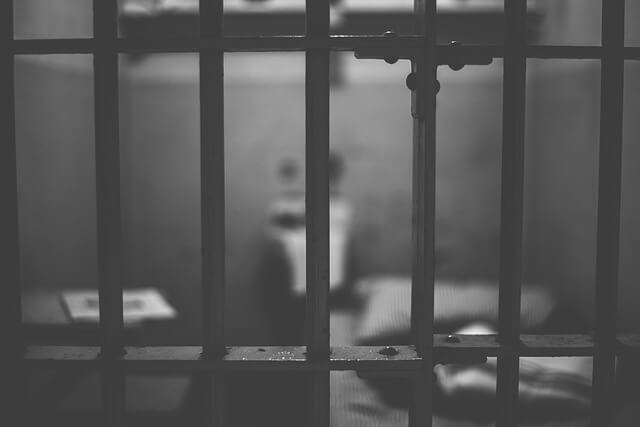The decriminalization of drug possession could be an important initial step in addressing the disproportionate impact of the overloaded US criminal justice system on the Black community. A recent study published in the American Journal of Preventive Medicine by Elsevier found that this strategy was linked to significant and sustained reductions in low-level arrests, which often hinder drug users from accessing necessary treatments and services. However, the study also highlights the persisting disparities in how law enforcement applies these policies across racial lines, indicating the need for effective solutions.
The United States incarcerates a larger portion of its population compared to any other country. Despite similar levels of drug use among different demographic groups, the enforcement and criminal prosecution of drug possession disproportionately target Black and low-income communities, resulting in racial disparities within jails and prisons. While some states and localities have passed decriminalization laws, many jurisdictions employ prosecutorial discretion to de facto decriminalize drug possession, redirecting low-level drug offenders away from prisons where they are likely to face detrimental health outcomes.
Saba Rouhani, PhD, MSc, Assistant Professor in the Department of Epidemiology at the New York University School of Global Public Health and core faculty at the Center for Anti-racism, Social Justice and Public Health, explained the motive behind their research: “We conducted this research because we wanted to examine whether this kind of directive could impact racial disparities in the criminal legal system in Baltimore, a majority Black city with a heavy burden of substance use and racialized policing.”
Researchers analyzed arrest trends from January 2018 to December 2021, both before and after a de facto decriminalization policy was implemented in Baltimore. The findings revealed a significant reduction in low-level drug-related arrests following the policy change in April 2020, and this decline continued over time. The majority of the decline (82%) occurred within the Black community. However, it was observed that the ratio of street arrests of Black individuals compared to non-Black individuals increased from 5:1 to 12:1.
Dr. Rouhani commented on their analysis: “Our analysis of arrests before and after Baltimore enacted a de facto decriminalization of drug possession shows that it holds promise for reducing low-level, drug-related arrests, which disproportionately involve people of color. However, we also observed that racial disparities in drug possession arrests actually widened after the policy change, such that the few people still being arrested for simple drug possession despite the non-prosecution directive were nearly exclusively Black.”
These findings build upon earlier studies conducted by the research team, demonstrating that less than 1% of individuals whose warrants and pending charges for drug possession were dropped due to this policy went on to commit more serious offenses within the following year. These studies suggest that de facto decriminalization can effectively lead to a rapid decrease in arrests without resulting in an increased incidence of other forms of crime within the community.
The researchers acknowledged that while the COVID-19 pandemic may have played a part in the significant decline in arrests, the levels continued to decrease even after the lifting of stay-at-home orders. This suggests that the pandemic alone cannot fully explain the sustained reductions in low-level drug arrests. Additionally, the study did not observe the same magnitude of reductions in other crime categories, further supporting the notion that the policy directive had an impact on the observed decline in drug arrests.
Dr. Rouhani emphasized the timeliness of this research: “This research is particularly timely because it evaluates the impacts of a de facto decriminalization approach to examine whether it can reduce arrests in the absence of legislative reform, which is a critical step for understanding whether it can ultimately improve downstream health outcomes like drug overdose. To effectively address the racial disparity gap, jurisdictions must closely examine how police discretion influences the implementation of these policy directives. Mobilizing community health and social services is also necessary to ensure that individuals diverted from the criminal legal system can reliably access resources such as housing, employment, and healthcare to improve their long-term well-being.”
If our reporting has informed or inspired you, please consider making a donation. Every contribution, no matter the size, empowers us to continue delivering accurate, engaging, and trustworthy science and medical news. Independent journalism requires time, effort, and resources—your support ensures we can keep uncovering the stories that matter most to you.
Join us in making knowledge accessible and impactful. Thank you for standing with us!

